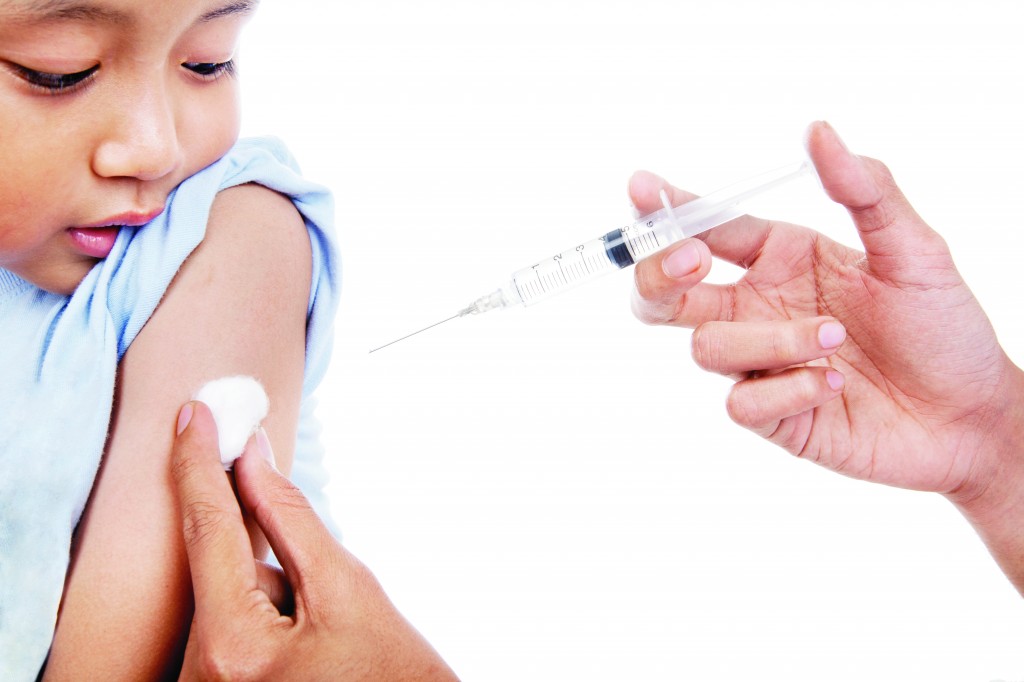Travel season is upon us, but before your departure, read up on how to ensure you don’t bring anything but souvenirs and a tan back with you.
What is the most reliable source for information on vaccinations?
Both the Centers for Disease Control and Prevention (www.cdc.gov) and the American Academy of Pediatrics (www.aap.org) are good resources. AAP provides a variety of information about childhood vaccines.
What are the most commonly recommended vaccinations in Asia?
Current recommendations include hepatitis A, tuberculosis, typhoid fever, Japanese encephalitis and rabies.
Hepatitis B is often missed in adults since the series is typically introduced in childhood. Another vaccine which typically lapses in adults is tetanus, which is recommended every five to 10 years, and if not up to date is typically given with the pertussis booster (Tdap). Unfortunately, this vaccine is currently not available in China.
Bacillus Calmette–Guérin, or BCG, is a controversial vaccine against tuberculosis. However, children under age 5 should be vaccinated, especially if residing in China for a length of time.
What is Japanese encephalitis and how can it be avoided?
Japanese encephalitis is a virus carried by mosquitoes. It can cause severe meningitis; the symptoms can initially be very vague flu-like symptoms, such as fever, body aches and headache. It is more prevalent in rural areas, specifically in southern China. There is a vaccine available.
What are the common vaccinations that are required to be taken in a series? How far in advance should these be taken before travel?
Vaccinations in series include hepatitis A, hepatitis B, Japanese encephalitis and rabies. In general, plan at least one month prior to travel, with a minimum of two weeks.
How can one determine whether they should get a particular vaccine or not?
Everyone will need to make their own decisions about receiving recommended vaccinations based on personal situations, such as length of travel and stay, location of travel and activities and severity of complications without vaccination. In general, most vaccinations carry very similar side effects and risks, while the diseases they vaccinate against are very different. Therefore, research the disease you are considering vaccinating against and decide based on probability of being infected, severity of infection and complications and finally, mortality rate.
Is the quality of vaccinations in Shanghai comparable to elsewhere?
The quality of vaccinations is generally good, since all local vaccines come from the Shanghai CDC. However, take caution that you receive your vaccine from a reputable hospital to ensure their source is reliable.
Are there any vaccinations that should be withheld from children?
I recommend children receive all required vaccines, in addition to travel- and area-specific vaccinations. This is especially important for children with medical issues, such as preterm infants, asthma and allergies, just to name a few.
Is it safe to receive several vaccinations at the same time?
Much research has shown that whether receiving one or multiple vaccines, the burden on the immune system is the same, so it’s best to follow the recommended vaccination schedule.













